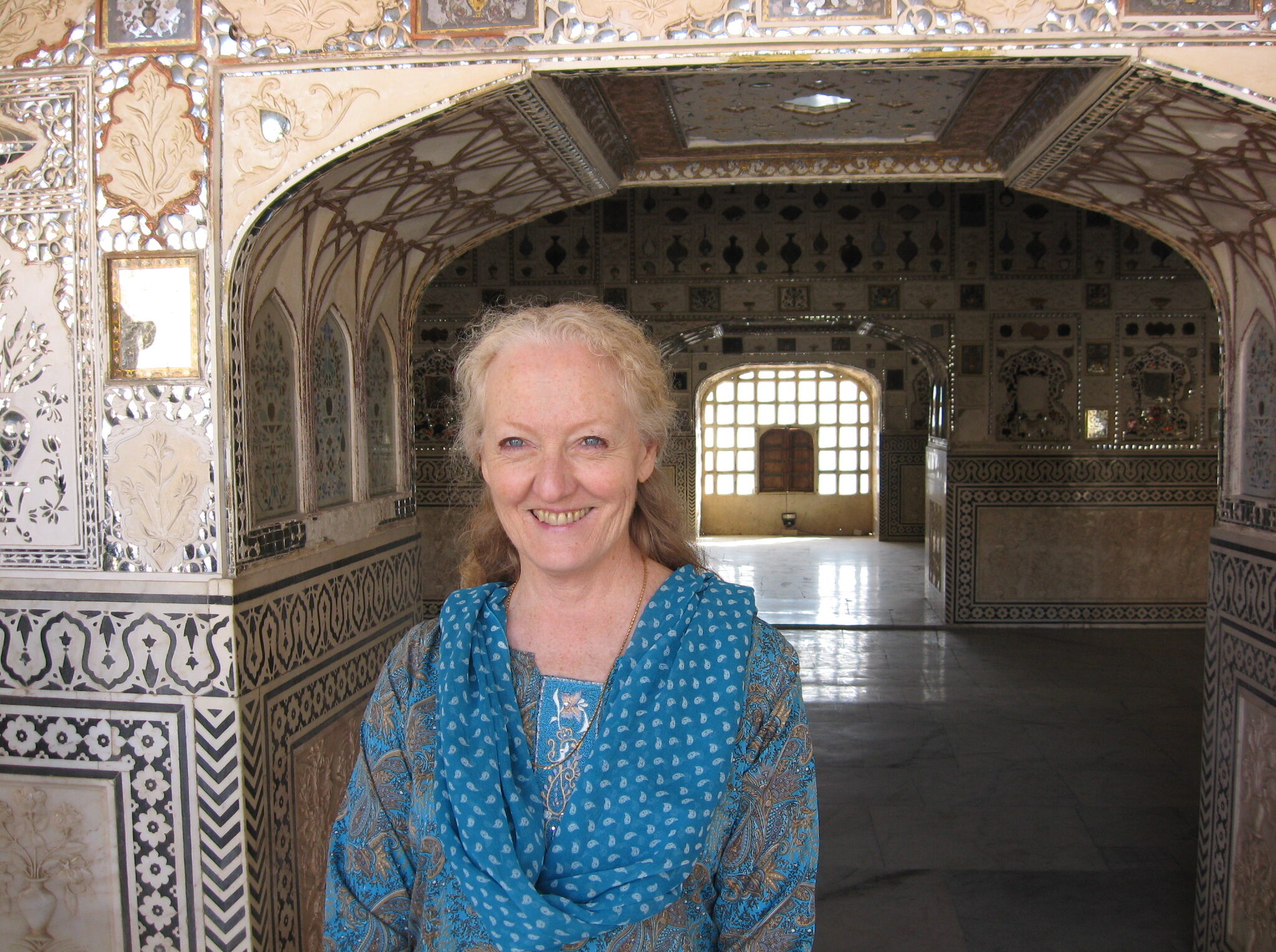Greetings! I recently gave a talk on meditation which my husband recorded; we have it posted as an audio and — you may enjoy this:
meditation
One of my greatest interests is embodying Spirit as a known reality. To simply discuss or learn about theological doctrines and history is to keep it intellectual. All head-stuff. To translate the laws of God as written and learned into action is the next level of absorption. We put into action and make relevant what we have learned.
But even deeper than this is the embodiment of Spirit, Itself, as a known, felt, motivating force that informs and guides our every action without even needing to “think” about it. The Spirit becomes an ever present, in-dwelling force that guides us completely in every circumstance and situation without thought.
Only then do we know the full import of the words: “Thy Will Be Done.” Not my will, but Thine, Dear Lord be made manifest through this vehicle which is me.
Amazingly, all things come and become much easier, then. We realize what folly it was that our small will with our limited understanding would have known what was best all this time. It is only thinking that we are separate from the Whole that makes us fear that “Divine Will” is separate from and oppressive to what is best for us.
Rather, we know ourselves to be truly safe and cared for in the context of that Infinite “Is” whence we came, and to whom we shall return. We live “in” and of the Creator always.
Vipassana (aka “Mindfulness” or “Insight””) Meditation originated in Burma in the Theravada or Hinayana Buddhist tradition. Vipassana is based on the premise of Insight which recognizes that it is only by pausing to look within that we can notice our motivations for what we are doing and the stuck patterns of thought that keep us stuck in sometimes maladaptive behaviors.
Vipassana is also known as “Wisdom” meditation – based on the deep understanding of the three basic Buddhist principles of dukkha, anicha, and anatta.
“Dukkha”: the inherent dissatisfaction (suffering) we feel when we argue with reality; either craving for something we don’t have or not wanting what we do have.
“Anicha”: the inherent impermanence of all things. This can be a source of suffering if we are clinging/wanting things to remain the same. It can also be a source of great comfort if we can remember this basic principle in the midst of difficulties.
“Anatta”: the recognition that we are not our labels, roles, names, or even personalities. As we let go of the idea of a fixed identity, it grants us the freedom to be in love with life – in each moment – as it is, as we are.
This means our volition and action are a true choice, given the circumstances of each moment, from our best capacity in that moment, free of the guilt, self-recrimination, or blame of old mental tapes.
This is freedom. This is wisdom. This is Vipassana.
